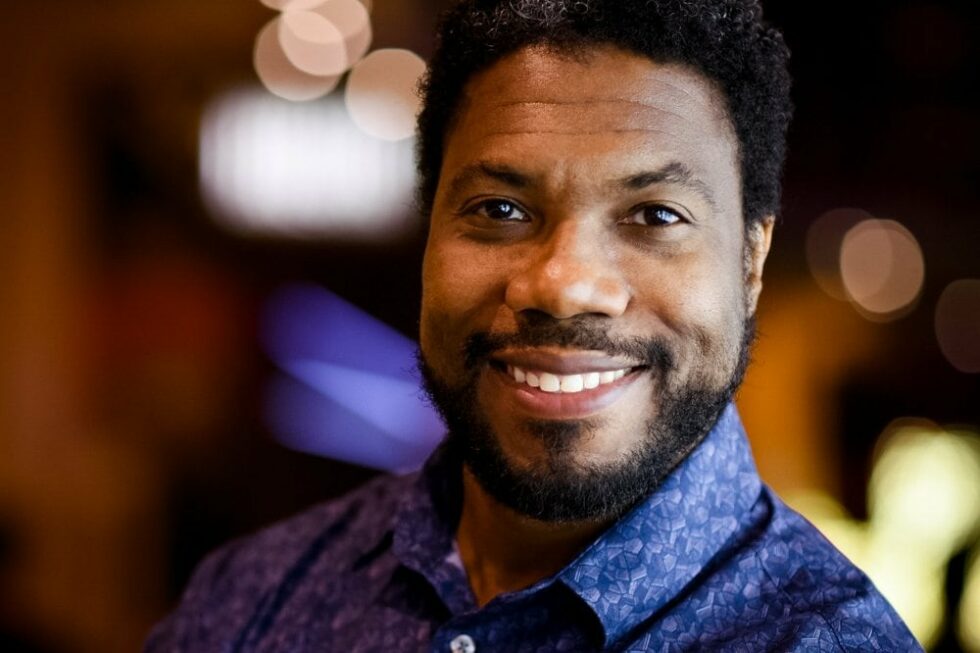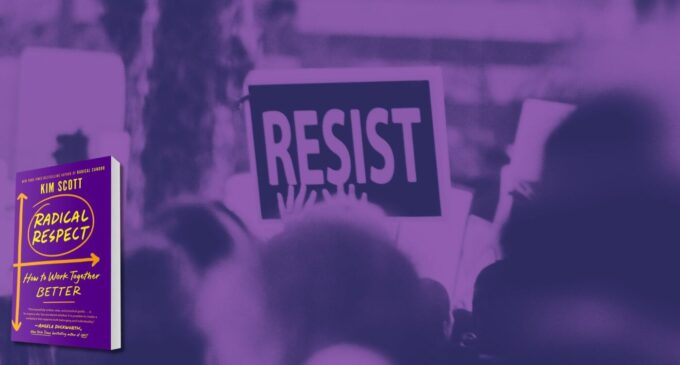Kim Scott is the author of Radical Candor: Be a Kick-Ass Boss Without Losing Your Humanity and Radical Respect:…
This is What it Feels Like to be Bullied Out of a Job You Love
This piece about being bullied at work by Wesley Faulkner was originally published on the Just Work blog.
Pointing out the pain a bully is inflicting doesn’t make them stop and may even encourage them to double down.” — Kim Scott
I was talking with Kim Scott, author of Just Work and Radical Candor, about workplace injustice stories, and she invited me to share my experiences of being bullied at work.
Let’s start at the beginning.
I have been a technology geek since I was a little kid. I loved technology and all the companies that were making cool things. As a child, I distinctly remember someone asking me what I wanted to be when I grew up. My answer was always the same, “I want to be an artificial intelligence engineer.”
That passion drove my decision to major in electrical computer engineering in college. However, I thought my future was dashed, and my options were limited when I eventually had to drop out of school because I couldn’t afford it, and my struggles with dyslexia and ADHD made it difficult for me to feel hopeful.
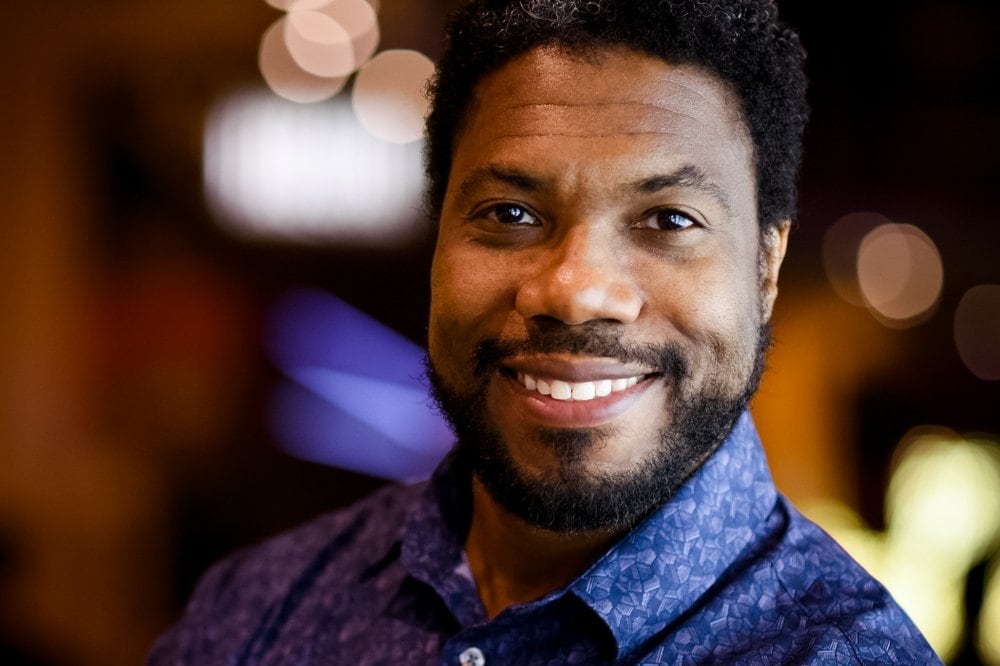
In 2006 I had no clue that everything was about to change and that my dreams of becoming someone significant in technology were possible.
Then I got hired at an innovative microprocessor maker, a company I’d been a fan of for several years. On top of that, my title would be product development engineer.
I was super excited I was actually getting an opportunity to pursue my engineering dreams. The word “engineer” was even in my job title!
There was a new project that they wanted me to head up was the creation of a home entertainment PC. On my first day, I walked into my manager’s office and asked, “How are we gonna start working on this? How are we tackling this problem?”
With a smug look, he replied, “That’s what we hired you to figure out.”
I was taken aback, but I was also really stoked to take the reins of something important. I started working long hours coming up with new testing plans, roadmaps, and criteria for what would be in the program.
As a person who was intimately familiar with the inner working of the project, I was sent to many conferences and trade shows to give demonstrations of the product. One year I went to a conference that was unknown to me at the time called South by Southwest.
I was energized by the people I met there. All the social media thought leaders were there, and getting to know them fed the right-brain/left-brain interaction I didn’t know I craved.
In fact, I was so prolific on social media that I got the attention of several industry analysts who asked how my company used social media for brand promotion and marketing. Of course, since I was in engineering, I sent these inquiries over to our PR department.
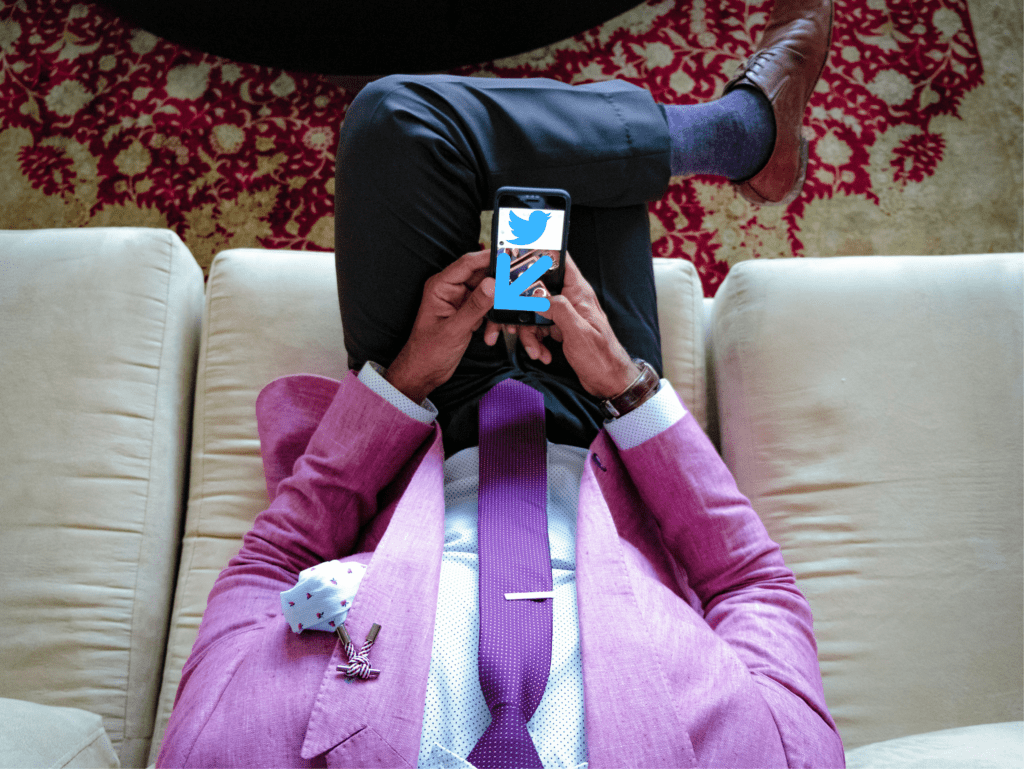
When Twitter was launched, I was an early adopter. I was so excited about the work that I shared my experience on the social media platform. I often tweeted about what we were doing, what the company was releasing, and what conferences I would attend.
I understood the confidentiality policies at the company and never shared any confidential information. The company even gave me formal PR training so I would know what I could and couldn’t say.
After fielding several of my PR referrals, I eventually got the attention of a senior vice president at the company, let’s call him Rick Dickerson. He then asked me if I could teach him how to use Twitter.
Listen to Kim and Wesley on the Just Work podcast >>
I was psyched to teach someone else something I was so passionate about. We had weekly one-on-ones where I showed Rick the platform’s essential functions. Eventually, he created the company’s Social Media Council, and I was appointed as one of the founding members.
That next year several of us from the Council went to SXSW, where this SVP asked me to introduce him to several different movers and shakers in the social media space.
Then, without warning, he iced me out of everything. He canceled our one-on-ones and uninvited me to the Social Media Council. He didn’t respond to any of my voicemails or emails.
I received the same cold shoulder from his executive assistant. I don’t know why I was shunned because he never had a conversation with me.
After a few weeks of being ignored, I gave up on trying to get back into the Council. Then one day, my director, my boss’s boss, pulled me into a room and said, “I got word that you’re tweeting about our company’s financials on Twitter. Why are you doing this?”
Bullying has to incur real consequences to be stopped. If bullies were swayed by being aware of the harm they are doing to the people they are bullying, they wouldn’t be mistreating other people in the first place. Usually, they are trying to hurt someone.” — Kim Scott
Confused and shocked, I asked who was saying this, and if I could see the actual tweets, he was referencing. He said he had no information and hadn’t actually seen the tweets showing this behavior.
Eventually, he acquired the tweets in question, and we were both stunned about why these benign tweets, which were clearly not about the company’s financials, were being flagged. Then, he finally confided in me that the person who reported this to him was the SVP I had been working with previously, Rick.
At that moment, it became clear that the SVP didn’t just want to get me away from anything social media related in the company; he wanted me out of the company entirely. He was trying to get me fired.
Learn to spot bullying masquerading as feedback >>
Bullying in the workplace is as brutal as it is ineffective
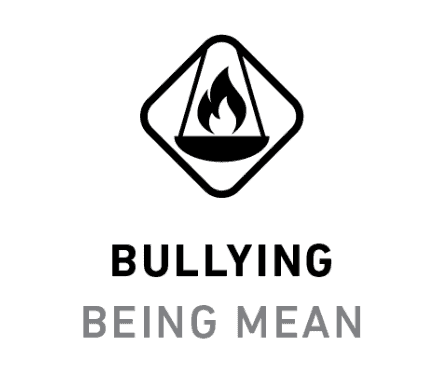
In Just Work, Scott defines bullying at work as being mean. She says:
“Often this takes the form of intentional, repeated use of in-group status or power to harm or humiliate others. Sometimes bullying comes with prejudice, but often it’s a more instinctive behavior. There may be no belief, conscious or unconscious, behind it. It can be a plan or just an animal instinct to dominate, to coerce. Then, when a person has the power to put that kind of bullying into practice (i.e. by not hiring or by firing someone), you get discrimination or harassment.”
I was pretty sure this was what was happening to me. I was being bullied at work.
When I saw the following week’s company announcement about an internal Q&A session with the company’s “social media guru,” the SVP who had iced me, I had to attend.
I still wasn’t 100% sure what was going on with the SVP, but I got there early with my lunch, sat in the front row, and waited patiently for the presentation to start.
While the team was doing their technical checks to ensure that the audio and visuals were working, Rick came down from the podium, walked toward me, leaned over, and said, “Don’t ask any career-ending questions.”
I thought he was joking and responded by asking, “Whose career?”
His stern look communicated that he was talking about my career and was clearly not messing around. I felt bullied, threatened, and scared.
Because I feared being unfairly scrutinized and I’d just had my job threatened, it was tough for me to feel comfortable saying anything about my work life on Twitter after that.
Learn what to do when injustice happens at work >>
“Your degrees of freedom and responsibility to respond to bias, prejudice, and bullying depend on your role,” Scott says. “Bullying has to incur real consequences to be stopped. If bullies were swayed by being aware of the harm they are doing to the people they are bullying, they wouldn’t be mistreating other people in the first place. Usually, they are trying to hurt someone. Pointing out the pain they are inflicting doesn’t make them stop and may even encourage them to double down.”
I didn’t feel empowered to confront the SVP or confide in my boss about what was happening. This eventually led me to quit and pursue my passion for social media marketing outside my “dream” company.
After my career pivot, I had to start back at the bottom and work my way back up to where I had been. It took several years to gain the same salary level I’d previously achieved, which was a considerable sacrifice.
I will forever remember being told that my ambition, dedication, and passion weren’t worthy and weren’t appreciated.
Learn why Radical Candor is not brutal honesty >>
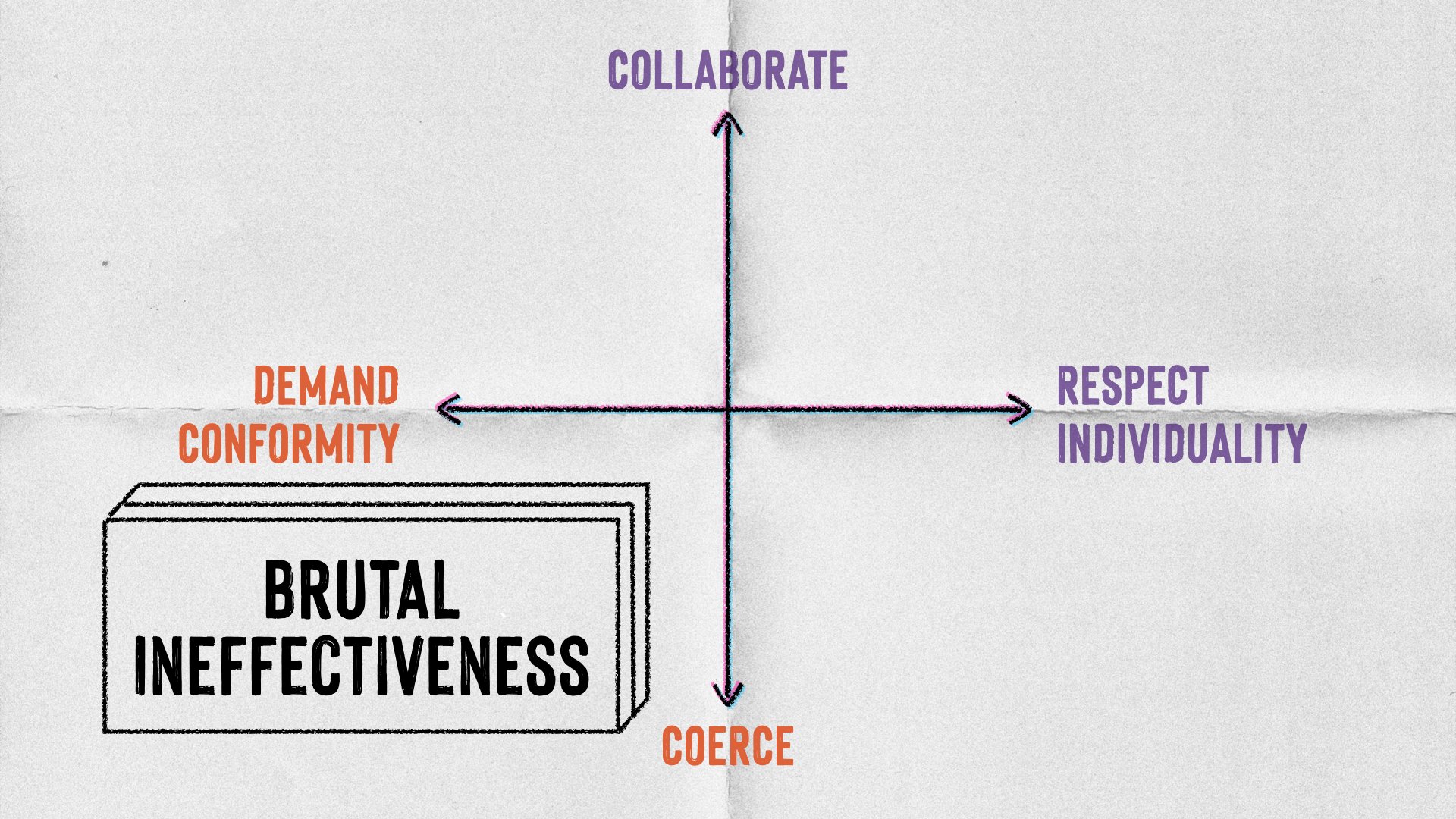
There are a few reasons why I think workplace bullying happened to me. Being a young Black man in the tech field put me in a vulnerable position where different equals disposable.
Maybe being privy to Rick’s inherent lack of knowledge of the very thing he professed to be an expert on gave me some perceived leverage over him; thus, I was a threat to be eliminated. My lack of seniority and title also put me at a disadvantage.
Ultimately, I believe that in true bully fashion, he got his kicks by using his power to affect other people’s lives for sport.
————————————————————————————————————————————————————————————–
Wesley Faulkner’s 20+ year career spans multiple facets of the technology industry. He has been a featured guest on several web media outlets such as TWiT and CNET. A first-generation American, he’s learned that we can build anything together through dedication, hard work, willingness to collaborate, and luck. Wesley currently sits on the Advisory Board of SXSW and is a founding member of Open Austin, a group advocating government data transparency.
